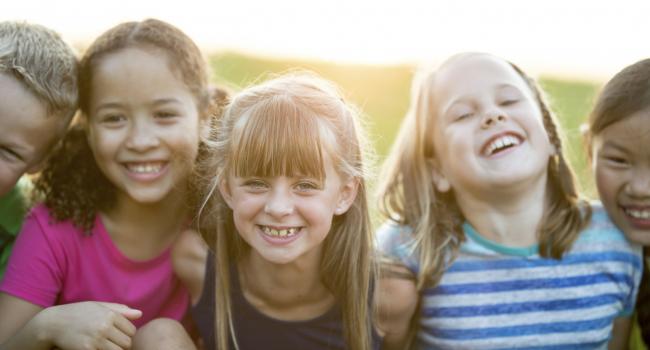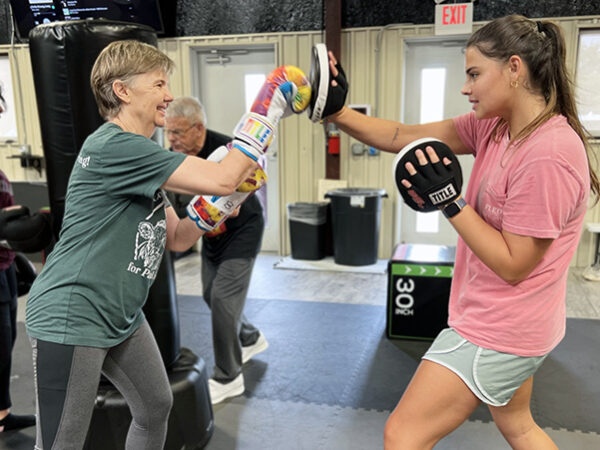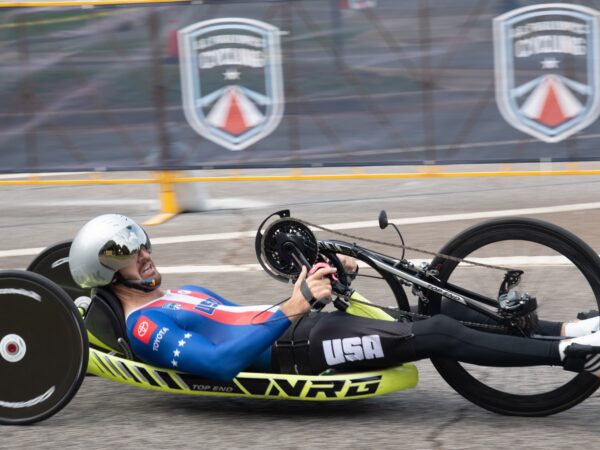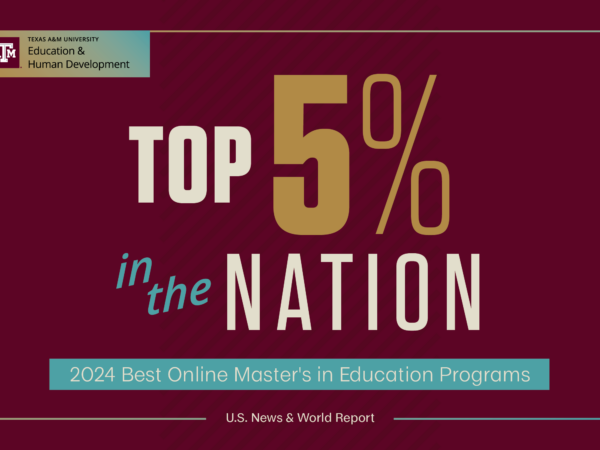
Studying The Impact Of Extracurricular Activities On Friends And Academics
Research has proven time and time again that children’s friends can directly impact their academic performance. But, what about a connection between extracurricular activities, friends and academic performance?
“There has been quite a bit of research on extracurricular participation and it is generally thought to be very helpful for children. However, there were some unanswered questions we thought were important to pursue,” explained Professor Emeritus Dr. Jan Hughes.
Before the students entered middle school and had a chance to participate in extracurricular activities, they were measured on a wide variety of variables related to academic and social performance. Researchers interviewed those students several times during their middle school years. The goal was to find out if there really was an effect of extracurricular activities on both academic and social outcomes.
Researchers also focused on the students’ friends through extensive interviews. The students were asked to name their friends and to describe, for each friend named, how their friends get along with teachers, if they want to go to college and other questions related to their friends’ school involvement.
Researchers found there is a definite effect of participation on important outcomes like reading and math achievement, course grades, sense of belonging to school and academic self-concept.
“It’s the first study to demonstrate an effect of extracurricular participation. Results strongly suggest that participating in extracurricular activities causes students’ academic performance to increase. It’s the first study to demonstrate the reason that participation in sports leads to improved outcomes is the effect of participation on one’s friendship network.”
Researchers found the activity a child participates in does not matter as long as the child gets involved and stays involved. While it’s been shown that children in the performance arts and music area have higher levels of school involvement, Dr. Hughes added, “if you’re looking at children’s change in school involvement and achievement, it is kids who are in athletics and sports that are most likely to benefit in terms of their being engaged in or part of a peer group that will support their academic achievement.”
For Dr. Hughes, this suggests parents should encourage their children to participate in extracurricular activities while also paying attention to whom their friends are. She knows research to policies is hard to track, but she hopes this research reaches school districts across the country and that changes will be implemented and barriers to participation removed, particularly for Latino students. Research found Latino students are less likely to participate in extracurricular activities. However, when they do participate, they gain the same benefits as other students.
“The implication of that, especially given the greater proportion of Latino students who don’t finish high school, is that we need to focus specifically on addressing some of the barriers to participation that this population might experience.”
Another big concern for Dr. Hughes is the policy in school districts across the state keeping students who fail from participating.
“The issue about children who fail academics and are not allowed to participate makes sense, but we really need to question whether that’s working. When children are struggling academically and extracurricular activity might be the only bright spot in their life, how does that impact them? Catching youth who begin to struggle academically early is important, so they can maintain passing grades necessary for participation.”
Project Achieve
This research is part of a larger study known as Project Achieve. This study sought to answer whether repeating a year of school makes a student less likely to graduate.
Nearly 2 million students are held back each year in the United States. While many believe grade retention negatively affects a student’s chances of succeeding, few researchers have really delved into the issue.
That’s where Project Achieve comes in. It started in 2001 with the recruitment of 784 first-grade students. Researchers continued to follow that group of students through their academic career until they graduated high school.
Researchers found children retained in the first grade performed better during their repeat year relative to similar peers who were promoted. However, the study showed the benefit quickly disappeared. By fifth grade, both promoted and retained children did not differ in their achievement.
The study will be complete next year when Dr. Hughes hopes to be able to answer the question of how repeating a grade affects a child’s chances of eventually graduating high school.
About the Writer
Ashley is the Media Relations Coordinator and responsible for news coverage in the Department of Teaching, Learning and Culture as well as the Department of Educational Psychology.
Articles by AshleyFor media inquiries, contact Ashley Green.














